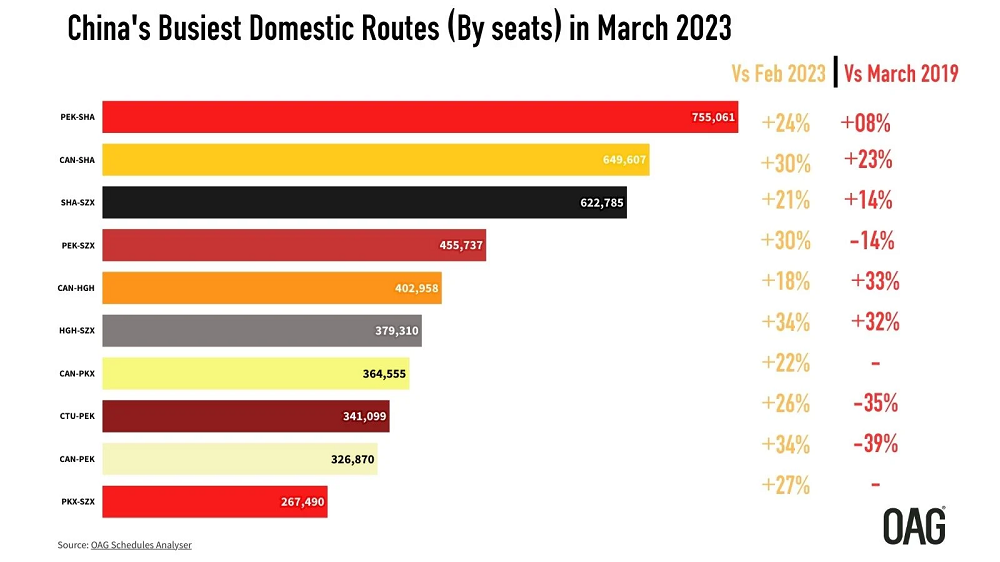STR data ending with 23 May showed another small rise from previous weeks in U.S. hotel performance. Year-over-year declines remained significant although not as severe as the levels recorded in April.
17-23 May 2020 (percentage change from comparable week in 2019):
Previous weekly U.S. weekly occupancy levels:
“The steady climb in national occupancy continued, and to no surprise, the highest levels were recorded on Friday and Saturday ahead of Memorial Day,” said Jan Freitag, STR’s senior VP of lodging insights. “Occupancy gains continue to be led by popular leisure markets like the Florida Panhandle, Mobile, Myrtle Beach and Daytona Beach. We even saw a weekday-to-weekend ADR premium in higher occupancy markets.
“What was also noticeable in the week’s data was the higher occupancy levels across all classes of hotels. Economy properties continued to lead, but we also saw the higher-priced end of the market up over 20%. Regardless, Upper Upscale occupancy continues to lag the broader industry as meeting demand is still not returning.”
Aggregate data for the Top 25 Markets showed larger year-over-year declines than the national averages: occupancy (-58.7% to 32.4%), ADR (-48.5% to US$84.47) and RevPAR (-78.7% to US$27.36).
Four of the Top 25 Markets saw occupancy levels above 40%: New York, New York (44.9%), Tampa/St. Petersburg, Florida (41.5%), Norfolk/Virginia Beach, Virginia (40.5%), and Phoenix, Arizona (40.1%). Of those markets, Phoenix showed the largest gain from its occupancy level the previous week (33.6%).
Markets with the lowest occupancy levels for the week included Oahu Island, Hawaii (12.7%), Orlando, Florida (22.5%), and Boston, Massachusetts (22.8%).
Of note, absolute occupancy in Seattle, Washington, showed no movement from the week prior (27.6%).
To learn more about the data behind this article and what STR has to offer, visit https://str.com/.







Sign up to receive our stories in your inbox.
Data is changing the speed of business. Investors, Corporations, and Governments are buying new, differentiated data to gain visibility make better decisions. Don't fall behind. Let us help.













Sign up to receive our stories in your inbox.
Data is changing the speed of business. Investors, Corporations, and Governments are buying new, differentiated data to gain visibility make better decisions. Don't fall behind. Let us help.





